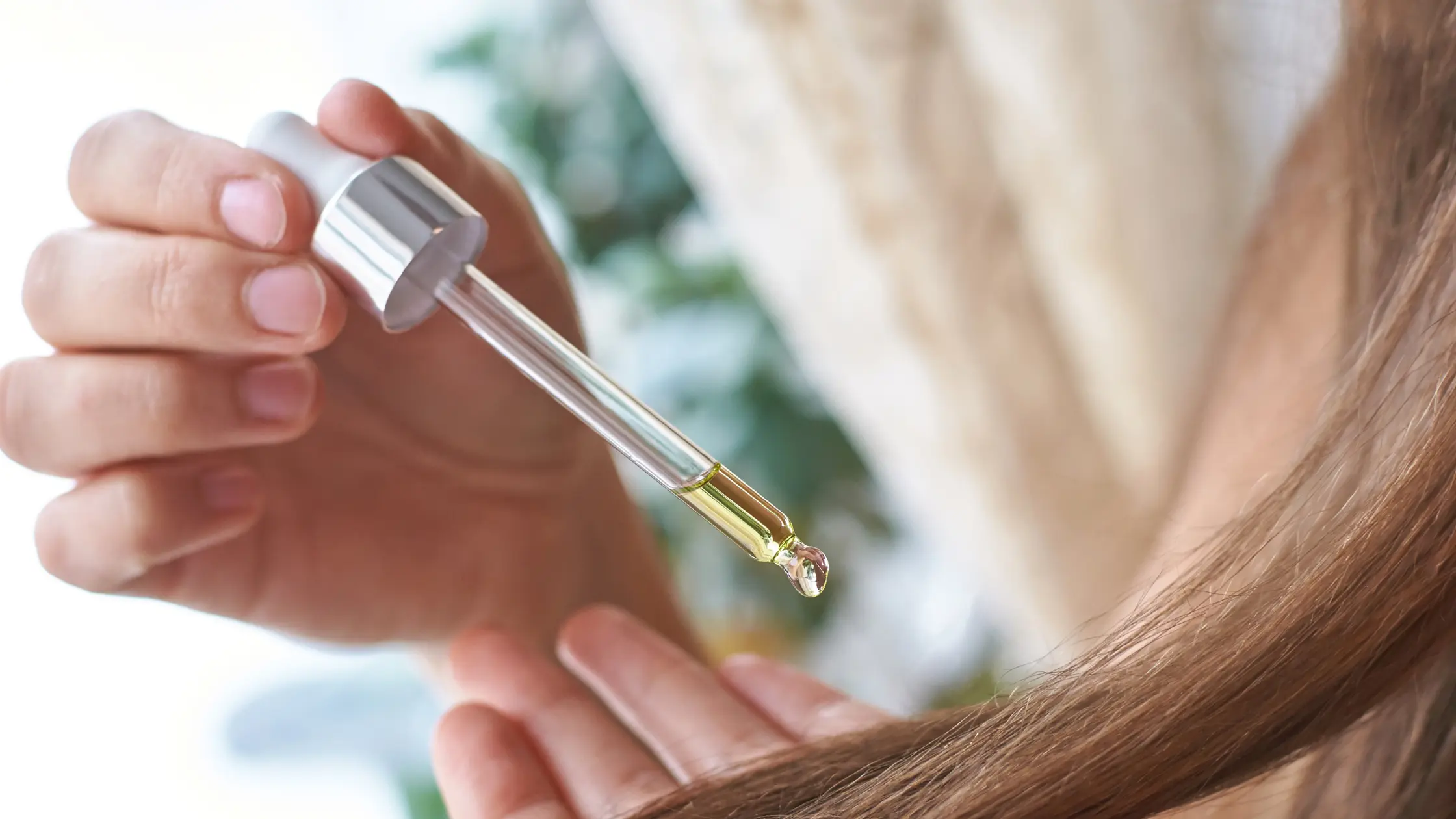Let’s get real, dandruff is one of those scalp saboteurs that nobody wants to talk about but everyone deals with. Those annoying white flakes and that relentless itch? Ugh!
Dandruff is more than just a minor inconvenience, it could be the silent killer behind your thinning crown. But here’s the burning question: Can dandruff actually cause your precious hair to fall out? Or is it just another beauty myth?
Spoiler alert: Yes and No. The answer is complicated but totally fascinating.
Welcome to your ultimate, scientifically-backed, deep dive into the connection between dandruff and hair fall, so you can finally win the battle for a healthier scalp and thicker hair.
First, What Is Dandruff, Anyway?
Dandruff isn’t just flaky skin, it’s a chronic scalp condition linked to an overgrowth of a little fungal troublemaker called Malassezia. This yeast-like fungus loves your scalp oils and can throw off the pH level balance, leading to irritation, redness, and, yes, those embarrassing white flakes.
The condition can range from mild dryness to seborrheic dermatitis, a serious inflammation causing redness and stubborn flakes.
So… Does Dandruff Cause Hair Fall?
Directly? No. Indirectly? Yes, and here’s how.
When your scalp is inflamed and irritated (hello, constant scratching), it disrupts your hair’s growth cycle, especially pushing strands into the shedding phase prematurely called telogen effluvium.
Signs Your Dandruff Might Be Causing Hair Fall
- Persistent scalp itching that just won’t quit.
- Hair falling out in clumps during washing or brushing.
- Visible flakes that make your shoulders look like a snowstorm
- A feeling of tightness or tenderness on the scalp.
- Noticeable thinning, especially near the crown or hairline.
If this sounds like you, don’t just tough it out, your scalp needs some serious TLC like a scalp facial treatment.
How To Treat Dandruff & Stop Hair Fall: CHF-Approved Fixes
Dandruff can cause hair fall (though not directly!) and here’s how you can fix it:
Use Medicated Shampoos
Look for shampoos with powerhouse ingredients that kill dandruff and soothe inflammation:
- Ketoconazole: A potent antifungal.
- Zinc Pyrithione: Fights fungus and bacteria.
- Selenium Sulfide: Controls flaking.
- Salicylic Acid: Gently exfoliates scalp buildup.
- Coal Tar: Slows down inflammation.
Use these 2-3 times a week to stop flakes and calm irritation.
Rotate between two dandruff shampoos weekly to avoid resistance and maximize results. Resistance might be the reason your hair products stop working.
Hydrate Your Scalp
Dry scalp = more flakes. Use lightweight oils like jojoba oil or argan oil or scalp serums with niacinamide to hydrate your dry scalp.
Skip The Scratch
Scratching = follicle trauma = hair breakage. Instead, try cooling scalp sprays or natural remedies like tea tree oil, which has proven anti-fungal properties or do ACV rinse to soothe your itchy scalp and keep those annoying flakes at bay.
Eat Your Way To Healthier Hair
Add these nutrients to your plate: Biotin, zinc, omega-3 fatty acids, and vitamins A, C, and E promote healthy hair growth from within. A balanced diet strengthens your hair from within.
Detox Weekly
Use clay-based masks or charcoal scrubs to clear clogged follicles and boost oxygen to your roots.
See a Dermatologist If Needed
If hair fall caused by dandruff persist, professional help is a must. Prescription shampoos or treatments might be necessary.
Over To You
Yes, dandruff can contribute to hair fall but it’s mostly an indirect culprit. The good news? With the right scalp care, inflammation control, and a little patience, your hair will bounce back.
Hair fall caused by dandruff is not permanent but it’s your scalp’s way of waving a red flag. Care for your scalp like you do your skin: cleanse, treat, hydrate, and protect. You deserve hair that stays put and shines bright.
Because at Control Hair Fall, we don’t just treat flakes, we empower follicles.








